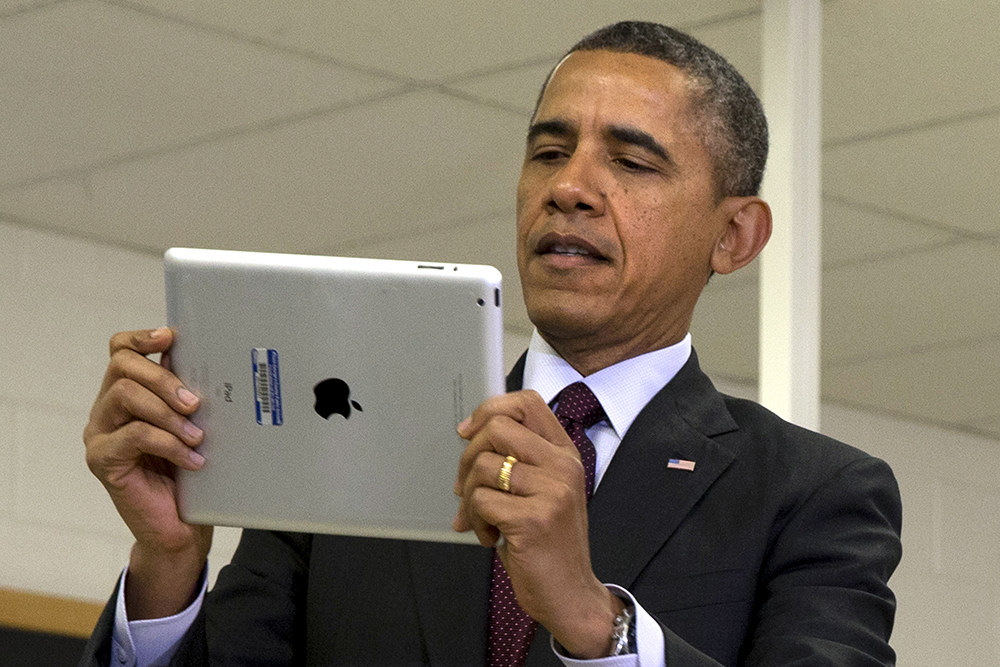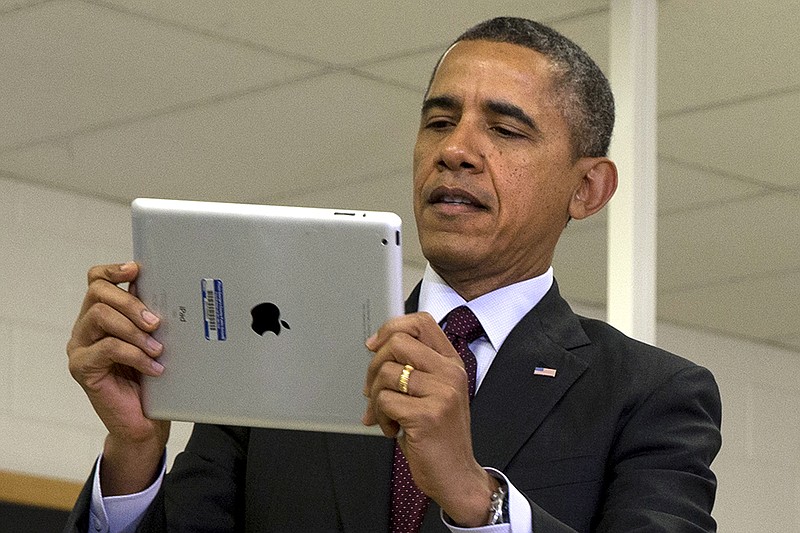The Obama White House said Tuesday it wants the Federal Communications Commission to limit state restrictions on municipal broadband and other programs that could bring more speed and competition to Internet service.
Obama administration officials touted the advantages offered by the city-owned EPB in Chattanooga, which helped bring the first citywide gigabit-per-second Internet service to any city in the Western Hemisphere two years ago.
Related story
Innovation gets home of its own in special downtown Chattanooga district
EPB and other municipal broadband providers are restricted under Tennessee law where they can expand such service. But White House officials said Tuesday they want such limits dropped by the states.
"Broadband is not a luxury, it is a necessity ... essential to keeping our innovative edge," said Jeff Zients, director of the National Economic Council and the Council of Economic Advisers. "Some state laws tilt the playing field to restrict entrance into the market."
In a speech planned today in Cedar Falls, Iowa, President Barack Obama will announce steps he will discuss in next week's State of the Union address to help more Americans get access to fast and affordable broadband.
The White House released a report from his economic advisers showing how cities like Cedar Falls and Chattanooga are benefiting from high-speed Internet in competition with what the incumbent cable and telephone providers have provided.
"The goals are to increase competition, to make Internet more reliable, faster, and cheaper," Zients said. "The president wants to offer mayors more tools to bring better Internet to their cities and towns."
 President Barack Obama looks at a classroom iPad in a seventh grade classroom Tuesday, Feb. 4, 2014, at Buck Lodge Middle School in Adelphi, Md., before speaking about his ConnetED goal of connecting 99 percent of students to next generation of students to next generation broadband and wireless technology within five years,
President Barack Obama looks at a classroom iPad in a seventh grade classroom Tuesday, Feb. 4, 2014, at Buck Lodge Middle School in Adelphi, Md., before speaking about his ConnetED goal of connecting 99 percent of students to next generation of students to next generation broadband and wireless technology within five years,In November, Obama outlined his plan to keep the Internet open by his support of net neutrality -- which limits how Internet service providers can act as a gatekeeper to digital content.
The White House says laws in 19 states, including Tennessee, "stifle new competitors" by restricting municipalities or other providers from expanding into new territories.
Investor-owned Internet service providers complain that they are at a competitive disadvantage in trying to compete with government-backed utilities that can borrow money at lower rates and may not have to pay as much in taxes.
Cedar Falls and Chattanooga are offering Internet connections at speeds nearly 100 times faster than the U.S. average for broadband service.
The White House report released Tuesday says Chattanooga's "visionary" gigabit-per-second broadband is helping the Gig City attract entrepreneurs and computer programmers from around the country.
Since 2009, Chattanooga has gone from hosting close to zero venture capital to at least five organized funds with investable capital of over $50 million.
Contact Kendi Anderson at kanderson@timesfreepress.com or Dave Flessner at dflessner@timesfreepress.com.
